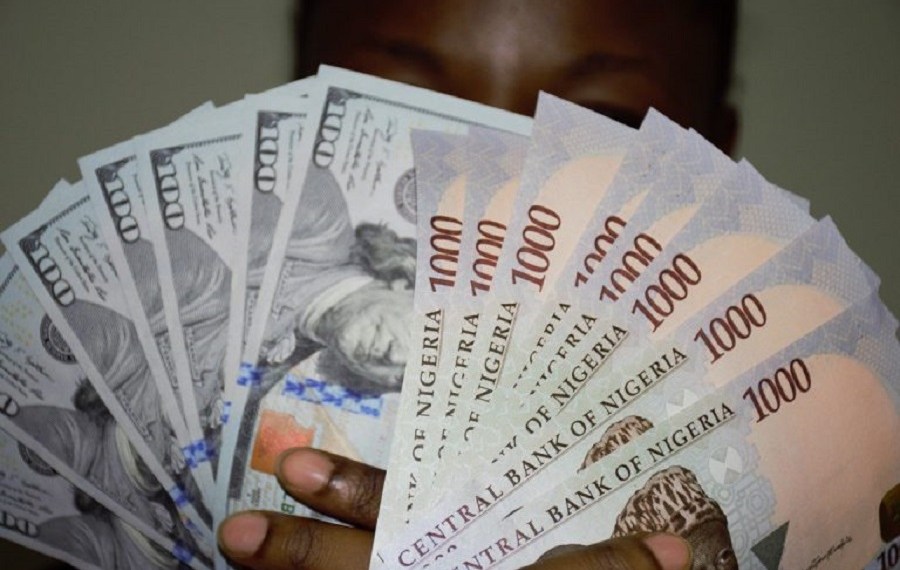
Aboki Naira To Dollar Black Market Rate Today 28th September 2024
Lagos, Nigeria – 28th September 2024 – The Nigerian Naira experienced yet another volatile day in the black market, reflecting the ongoing economic pressures within the country. Today, the black market exchange rate for the Naira against the US Dollar showed significant fluctuations, with buyers and sellers navigating through uncertain waters.
According to sources closely monitoring the parallel market, the buying rate for the US Dollar today oscillated around ₦1,660 per Dollar, while the selling rate was slightly higher at ₦1,670 on the black market. This data, which reflects the rate in major hubs like Lagos, indicates a marginal appreciation of the Naira compared to recent trends but still underscores the persistent weakness against the Dollar.
Trending Now!!:
The black market, often termed the “Aboki” rate in local parlance, has become a critical indicator of economic health in Nigeria, where the official rates set by the Central Bank of Nigeria (CBN) often differ markedly from street or parallel market rates. This discrepancy is largely due to the government’s efforts to manage currency flow amidst economic challenges, including inflation and a fluctuating oil market, which is crucial for Nigeria’s revenue.
Recent posts on social platforms have highlighted varying sentiments around the Naira’s value. While some users reported the Naira trading as low as ₦1,700 to a Dollar, others mentioned rates closer to ₦1,639. This variance could be attributed to different regions within Nigeria or the time when the rates were checked, given the market’s volatility.
The CBN’s efforts to unify the exchange rate, which saw a significant adjustment in custom rates from ₦1,666.219 to ₦1,637.692 per Dollar, indicate a government attempt to mitigate black market rates’ impacts on the local economy. However, these adjustments seem to have only temporarily stabilized the Naira, with the black market still reflecting a broader economic scepticism.
Economists and financial analysts continue to debate the effectiveness of these interventions. Some argue that addressing the root causes such as improving local production, reducing import dependency, and tackling corruption could stabilize the Naira more effectively than mere rate adjustments or currency redesigns, which have been used as measures in the past.
For the average Nigerian, these fluctuations mean a constant reevaluation of financial strategies, especially for those dependent on remittances or dealing in imports. The hope remains that these rates will eventually stabilize, bringing some relief to a populace weary of economic uncertainty.


